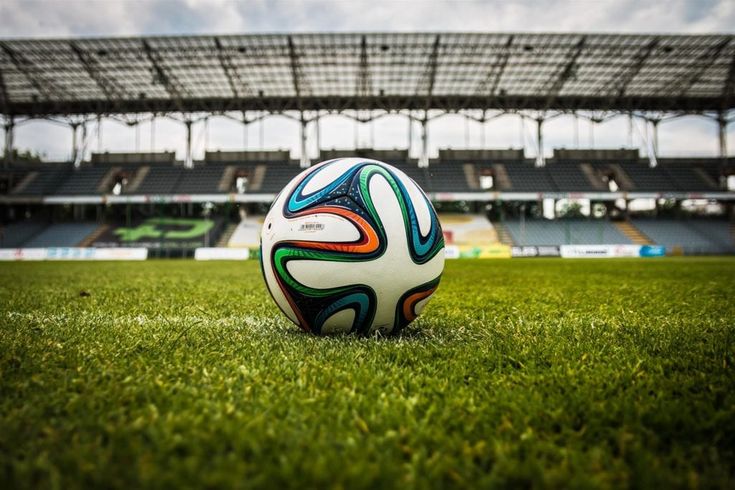In today’s digital age, accessing live sports events has never been easier, thanks to platforms like Sportsurge.net. This online hub has become a go-to destination for sports fans worldwide, offering a diverse range of live sports streams, from mainstream sports like football and basketball to niche events. This article delves into the features, benefits, and considerations of using Sportsurge.net.
What is Sportsurge.net?
Sportsurge.net is a free streaming website that provides links to live sports events across various disciplines. The platform aggregates links from multiple sources, allowing users to watch their favorite games in real-time. It covers a wide array of sports, including but not limited to:
- Football (Soccer)
- Basketball
- American Football
- Baseball
- Hockey
- Boxing
- Mixed Martial Arts (MMA)
- Motorsports
Key Features
1. User-Friendly Interface: Sportsurge.net boasts a clean and intuitive interface, making it easy for users to navigate through different sports categories and find live streams quickly. The homepage typically features a list of ongoing and upcoming events, ensuring that fans can stay updated with the latest sports action.
2. High-Quality Streams: One of the standout features of Sportsurge.net is its commitment to providing high-quality streams. While the quality of streams can vary depending on the source, Sportsurge.net generally offers HD options, ensuring an enjoyable viewing experience.
3. Wide Range of Sports: Sportsurge.net covers an extensive range of sports, catering to diverse interests. Whether you are a fan of mainstream sports like football and basketball or prefer niche events like MMA or motorsports, you are likely to find a stream on Sportsurge.net.
4. Free Access: Unlike many other streaming services that require a subscription or payment, Sportsurge.net is completely free to use. This makes it an attractive option for sports fans who want to watch live events without incurring additional costs.
Benefits of Using Sportsurge.net
1. Accessibility: Sportsurge.net is accessible from any device with an internet connection. Whether you are using a computer, tablet, or smartphone, you can easily access the platform and stream live sports events on the go.
2. No Geographic Restrictions: Sportsurge.net does not impose geographic restrictions, allowing users from around the world to access streams. This is particularly beneficial for fans who want to watch events that are not broadcasted in their region.
3. Comprehensive Coverage: The platform offers comprehensive coverage of various sports events, including major tournaments and leagues. This ensures that fans can stay updated with their favorite sports throughout the year.
Considerations and Legal Implications
While Sportsurge.net offers numerous benefits, it is essential to consider the legal implications of using such platforms. The website aggregates links from third-party sources, some of which may not have the proper broadcasting rights. As a result, accessing these streams could potentially violate copyright laws in certain jurisdictions.
Conclusion
Sportsurge.net has emerged as a popular destination for sports enthusiasts seeking free and accessible live streams of their favorite events. With its user-friendly interface, high-quality streams, and extensive sports coverage, it provides a valuable service to fans worldwide. However, users should remain mindful of the potential legal risks associated with using third-party streaming links.
For those who prioritize convenience and accessibility, Sportsurge.net offers a compelling solution to enjoy live sports without the constraints of traditional broadcasting.
